Affiliate links on Android Authority may earn us a commission. Learn more.
The best Android tablets to spend your money on
Published onFebruary 17, 2025

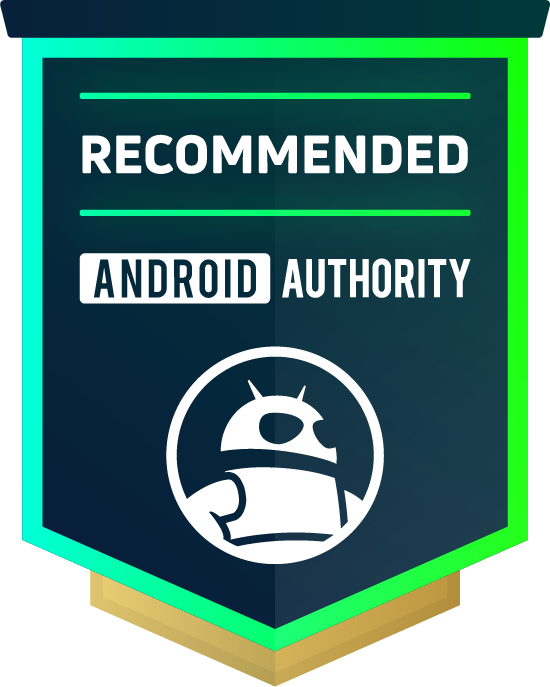

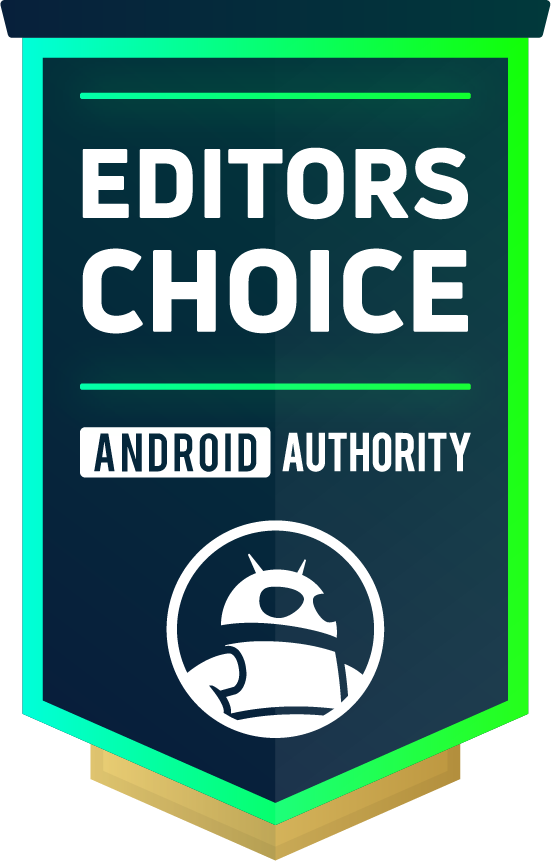

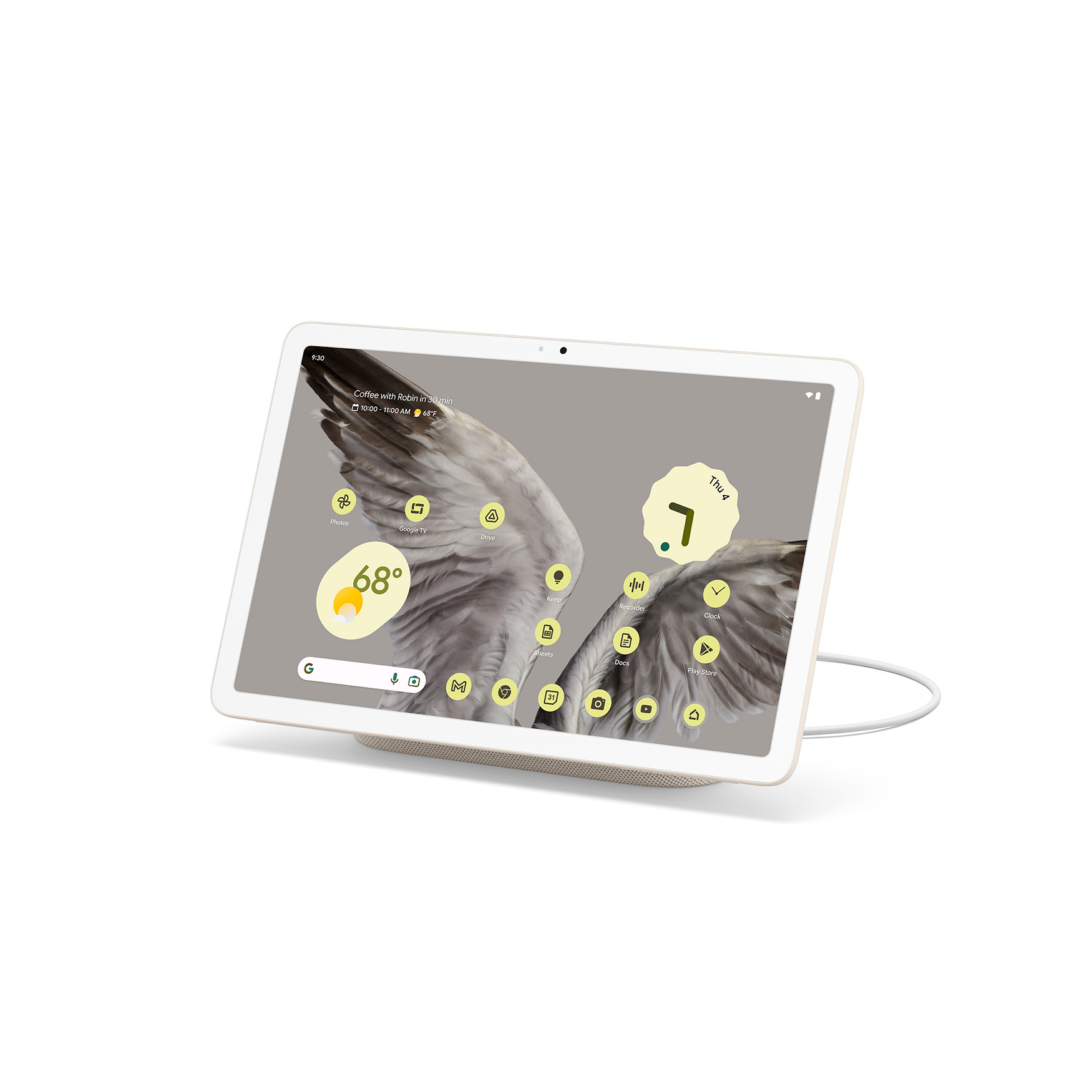

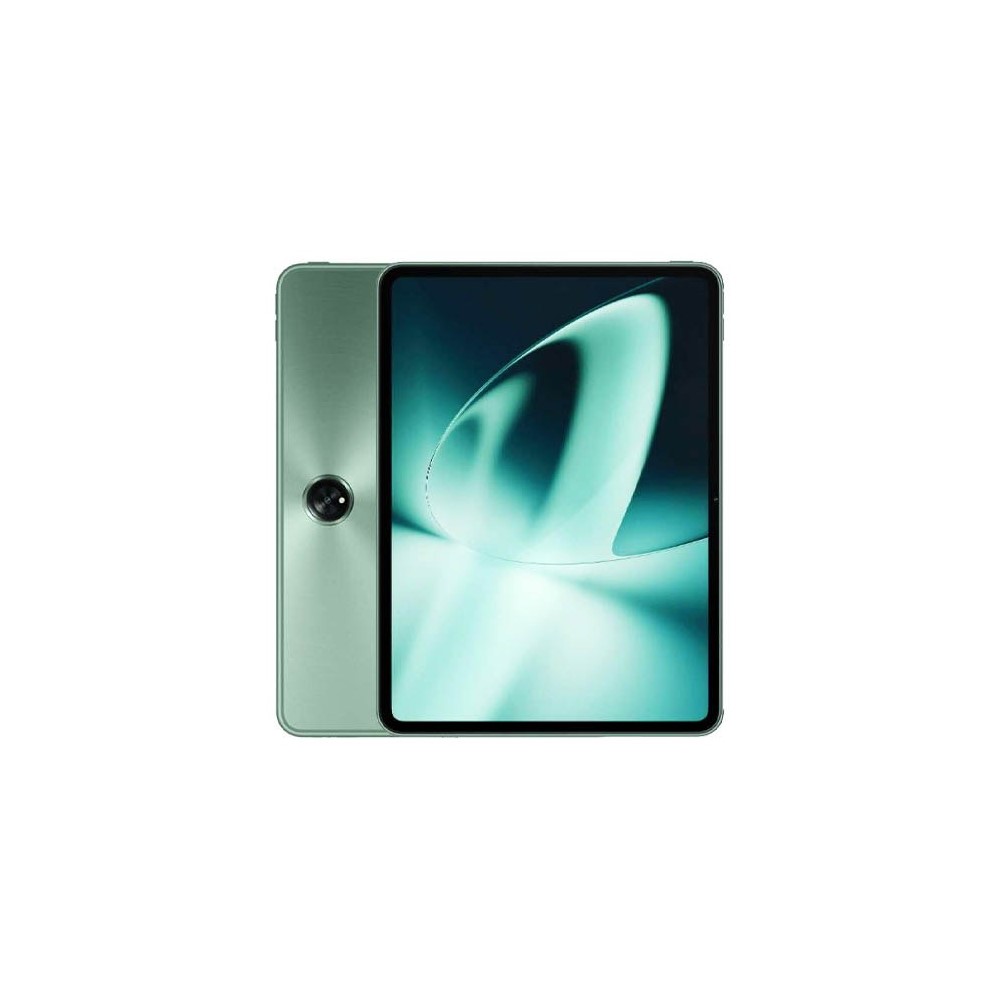

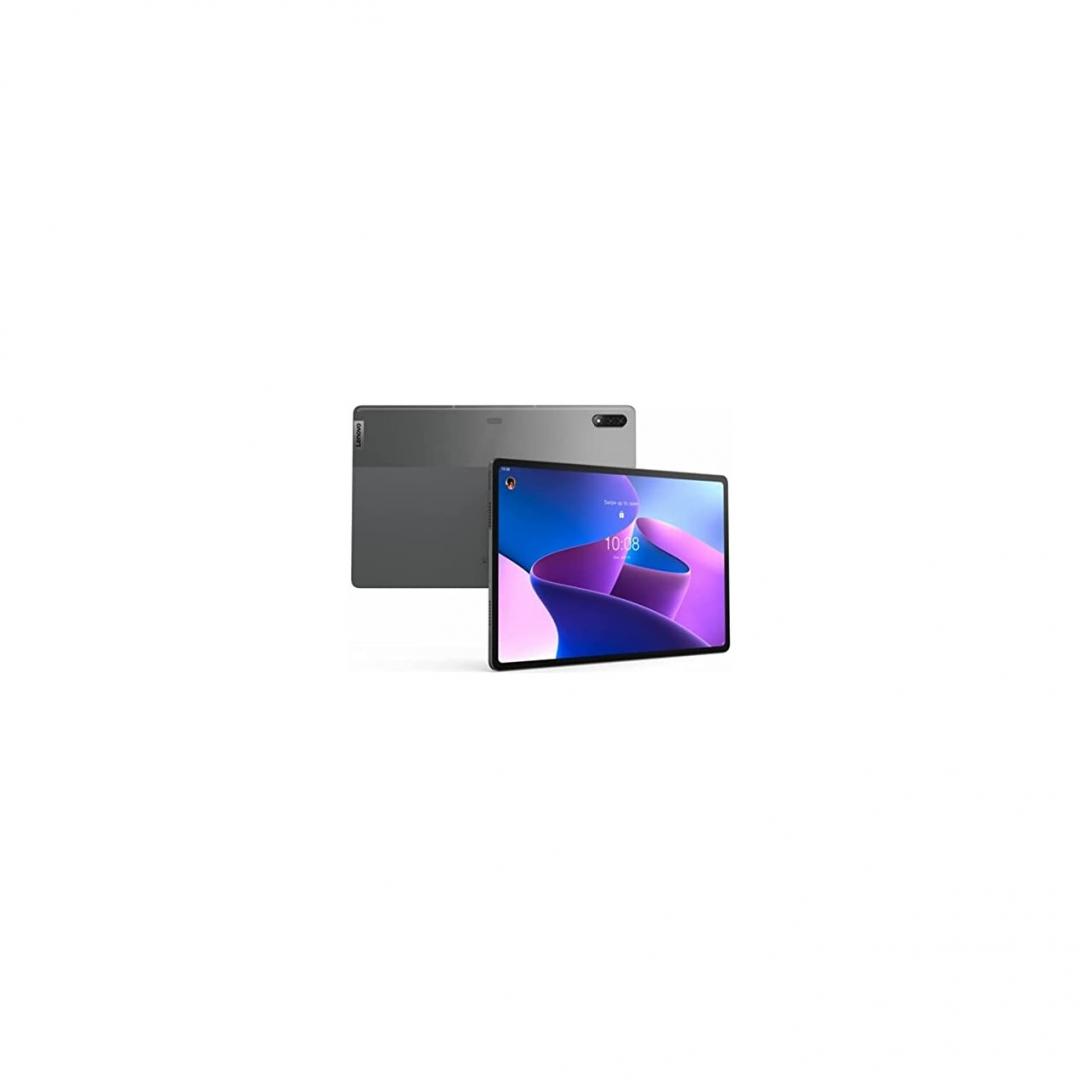



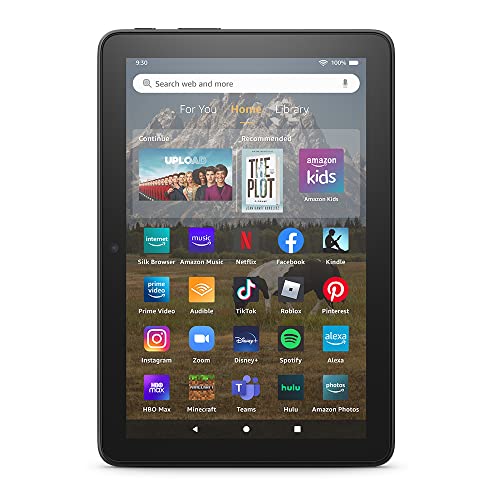
Once you’ve ruled out iPads and decided on an Android tablet, your options are already narrowed down significantly. At this point, picking the best Android tablet for you comes down to a few key questions:
- How large of a screen do you need? Options range from eight inches up to more than 12 inches.
- How much storage space do you need? Will you be streaming or storing media?
- Will you take your tablet outside of home? How durable do you need it to be?
- What is your ideal budget?
With that under consideration, we’ve done the hard work for you and reviewed all the top Android tablets on the market. Here are our picks for the best tablets Android has to offer.
The best overall Android tablet


Samsung is the obvious leader in the Android world. The Galaxy Tab S9 series could still claim its position as the pinnacle of the company’s tablet ladder, but the Galaxy S10 series, specifically the Ultra, does just enough to convince us otherwise. The 2024 slate packs powerful performance, gorgeous design, and awesome functionality.
You won’t notice much design deviation from the previous lineup. Samsung’s still using an aluminum shell with a 14.6-inch 120Hz OLED screen squeezed into it. It’s a massive slate and could easily double as a laptop replacement when paired with the S Pen and a keyboard.
Beneath its skin, the new piece of silicon is the biggest departure. For a change of pace, Samsung has opted for a MediaTek CPU at the heart of the S10 series, specifically the Dimensity 9400. It offers excellent performance that won’t leave you feeling shortchanged. It’s a pity that Android optimization for seriously large tablets remains lacking.
The slate also packs an 11,200mAh battery, which can last up to four days on a single charge. However, you will need to budget two hours to fully charge it again.
Notably, the Tab S10 series consists of just two models, so if you’re after a smaller Samsung flagship tablet, you’ll have to consider the Galaxy Tab S9 ($799 at Amazon). As I mentioned up top, the Galaxy Tab S9 series as a whole is still well worth considering, but the Tab S10 Ultra offers just enough as a bonus to warrant its place here.
What makes them stand out
- Gorgeous display: The crisp, bright Dynamic AMOLED 2X is everything we’ve come to expect from a Samsung device.
- Included S Pen: The S Pen adds a lot of unique functionality, and it comes in the box.
- Solid performance: The MediaTek Dimensity 9400 is pacey and thrifty, giving users power when needed and long battery life.
The best budget streaming tablet


Not everyone needs or wants a laptop replacement for their Android tablet, which is why our second pick is the Galaxy Tab A9 Plus, replacing the previous Galaxy Tab A8. It’s still got that Samsung magic, but drops a lot of extras to hit a much lower price point. In fact, the latest version comes in at an even more approachable price point, making it a no-brainer if you just want a budget tablet.
It features a combination of metal and plastic for the body, which gives it a more premium look and feel than most cheap tablets. The seam between the materials is still noticeable, though Samsung has shifted to a slightly denser plastic that matches the color of the metal almost perfectly. The size of the tablet will also be an adjustment for some, as the 11-inch LCD panel features a very wide 16:10 aspect ratio. On the bright side, it’s been upgraded to a 90Hz refresh rate over the previous 60Hz mark.
Like its predecessor, the Galaxy Tab A9 Plus is an absolute star when it comes to streaming. The longer aspect ratio means black bars are kept to a minimum while streaming most video content, and the four Dolby Atmos speakers are capable of exceptional volume. If wired sound is more your thing, there’s also a headphone jack, although it’s a bit too close to the corner for our liking.
Samsung also swapped out the little-known Unisoc Tiger T618 processor for a more powerful Snapdragon 695 option. It’s still a budget-minded chip, but offers higher clock speeds, a more efficient 6nm process, and an option for 5G on most US networks. The processor and 7,040mAh battery remain well matched, offering two days of consistent use on a single charge, although charging speeds left a lot to be desired. The 15W charger took more than four hours to top back off.
What makes it stand out
- Streaming-ready ratio: The 16:10 aspect ratio is built to stream, minimizing black bars.
- Rock-bottom price: Samsung updated the display and chipset but chopped $10 off the asking price.
- Solid performance: The Snapdragon 695 adds optional 5G on most major networks.
The best Fire OS tablet

It’s a bit of a stretch to call Amazon’s Fire OS tablets part of the Android ecosystem (the OS is based on Android 9), but Amazon’s App Store is similar enough to the Play Store for the Amazon Fire HD 10 Plus to earn a spot on our list. Plus, with a little fidgeting, you can install the Play Store and get nearly the same experience.
The 10.1-inch LCD screen was clean and sharp in our testing, but the brightness left a lot to be desired. It’s fine for indoor use, but don’t expect to have a great experience if using this outdoors. It also features Dolby tuning, but the speakers struggled when we pushed them past mid-volume. Battery life was great, and we consistently got 12 hours, no matter how we used it. Charging was painfully slow, though, with the included 9W charger taking more than four hours to top off.
If you’ve got Amazon Prime, the Fire HD 10 Plus is a beautiful device. This is an excellent entry-level tablet to enjoy Amazon Prime Video, Amazon Music, Amazon Photos, and Amazon Kids Plus. Fire tablets also have tight integration with Alexa, so if you have Echo speakers around the house, they can serve as a natural extension.
We think the Fire HD 10 Plus is the best overall buy, but if you want to save a bit of money, the non-Plus Fire HD 10 ($149 at Amazon) is very similar. It will be a bit slower and cannot charge wirelessly, but the screen and build quality are essentially the same. There are also the smaller Amazon Fire HD 8 ($99 at Amazon) and Fire HD 7 ($59 at Amazon) models, which we’ll touch on a bit later in the list.
What makes it stand out
- Amazon Prime integration: If you are a Prime subscriber, this tablet will help you get the most out of your subscription.
- Good screen: The 10.1-inch screen is sharp and has a great resolution, although it’s a bit too dim to use outdoors.
- Long-lasting battery: Expect to get 12 hours of screen time (and excellent standby time), but you’ll want to leave it charging overnight.
The best Android tablet for Google fans


The Google Pixel Tablet is a nice tablet, but it also attempts to be something more. With the dock included in the box, it can also enter Hub mode to serve as a capable smart home hub, a video chatting screen, a music streaming station, and more. You can also cast to it while in Hub Mode, serving as a small smart display.
When not on the dock, it works like a normal tablet, and now that Google finally has skin in the game, the company has optimized more than 50 of its apps for tablets. That means it’s easier than ever to use Gmail, Docs, and more with split screen. Naturally, third-party apps like Netflix, Disney Plus, and others work and look great on the 10.95-inch display.
Just like the Pixel 7 lineup and Pixel 7a, this tablet is powered by Google’s in-house Tensor G2 processor. Although it’s not as useful on a tablet as it would be on a phone, you still gain access to unique Pixel features like Face Unblur, Magic Eraser, and more.
Starting at just $499 with the dock included, the Google Pixel Tablet is a great tablet for home use. You can also buy extra docks to create more hub stations in your home, creating a more portable way to manage your smart home than stationary options like the Nest Hub. Or you can purchase it without the dock, for $100 less.
What makes it stand out
- Charging dock: The included dock charges and turns the tablet into a kind of Nest Hub.
- Tensor G2 chipset: Google’s flagship processor enables lots of machine learning smarts.
- Sleek design: It’s large, but the Pixel Tablet is sleek, with a unique ceramic coating that looks and feels great.
The best iPad-like Android tablet
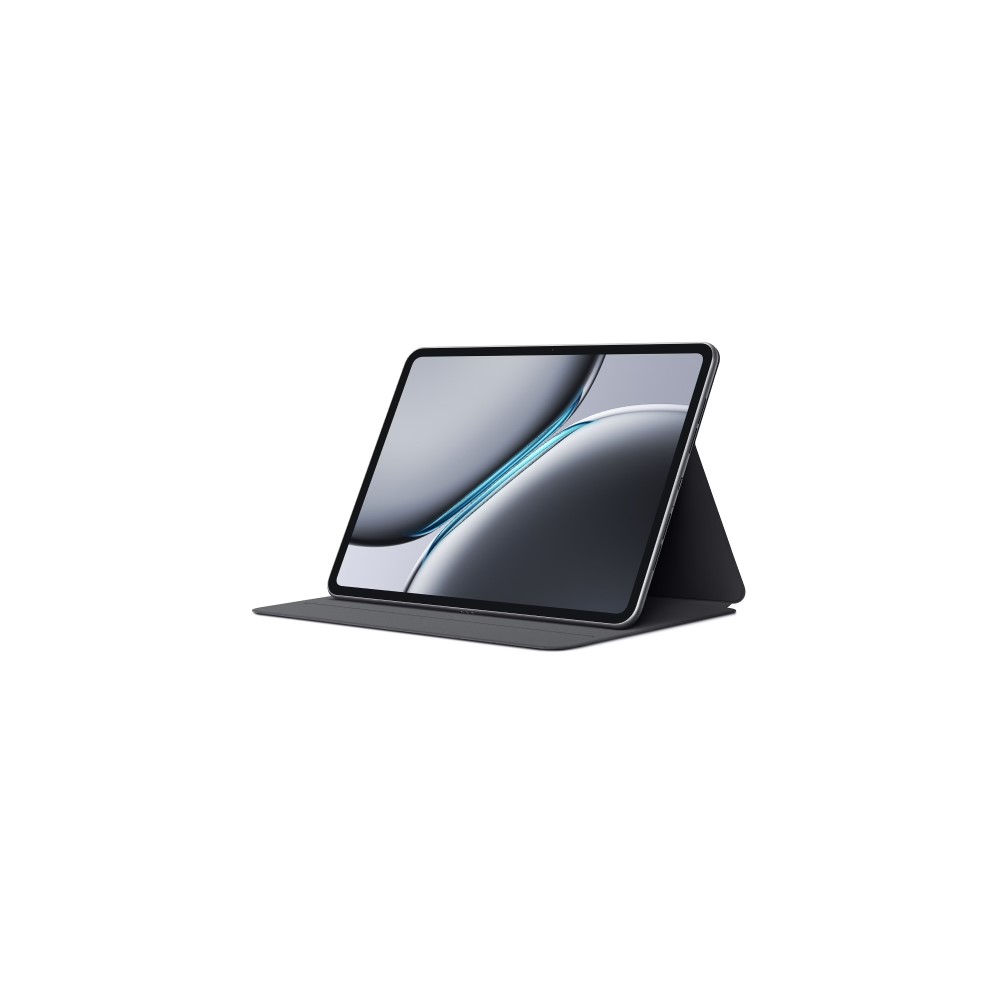
We don’t often get new entries into the Android tablet race. Samsung tends to corner the market with options at all prices, and Amazon’s Fire tablets give the Alexa crowd an easy answer. However, OnePlus finally threw its hat into the ring in early 2023. In 2024, it launched the sequel, the OnePlus Pad 2, and it’s an ambitious second attempt from the flagship killer brand.
The newer slate offers a slightly larger 12.1-inch display with more pixels and higher peak brightness. It also gains a Snapdragon 8 Gen 3 SoC, making the Pad 2 as powerful as Samsung’s best slates.
The Pad 2 also supports its own stylus, packs an excellent six-speaker arrangement, and excellent build quality.
Notably, even though it’s nearly two years old, the original OnePlus Pad ($479 at OnePlus) still owns a slice of our hearts. It’s well worth considering if you don’t want to pay the nearly $100 premium to snag the second-generation slate.
What makes it stand out
- Great charging speed: The OnePlus Pad 1 tops out at 67W wired charging and even includes a charger in the box.
- Punchy speakers: OnePlus packed six stereo speakers for immersive audio.
- Premium build: The OnePlus Pad 2’s slim aluminum construction is light in the hand and comfortable to use for hours on end.
The best Samsung alternative Android tablet


Samsung might dominate the Android tablet space (and phone space, for that matter), but the Lenovo Tab P12 Pro proves that there are excellent alternatives out there. We found that the premium build and excellent screen allow it to compete with the big guys, and it even bests Apple’s iPad lineup in certain respects.
Starting with the screen, the speedy 120Hz AMOLED was our favorite part of the device in our review. The Dolby Vision and HDR10+ capable display featured great contrast, brightness, and color accuracy in our testing. At 12.6 inches, it can also serve as a light laptop replacement or media-centric device, although we did find that the viewing angles were very limited.
Unlike Samsung’s offering, Lenovo didn’t opt for the latest and greatest processor for the Tab P12 Pro. Instead, it packs a Qualcomm Snapdragon 870 system on a chip and an Adreno 650 GPU with 6 or 8GB of RAM. In our extensive testing, we found that to be more than enough power.
One area where the Lenovo Tab P12 Pro has all others beat is battery life. We got an incredible 14 hours of battery life when streaming video and 11 hours of battery life when browsing the web over Wi-Fi. That’s better than any comparable tablet we’ve tested. Charging was also relatively speedy, taking roughly two hours using the included 30W charger. The tablet is compatible with 45W chargers, too, so you can further reduce those times with an additional charger.
What makes it stand out
- Gorgeous screen: Crisp, high-res, with great contrast, this is one of the best tablet screens in its price range.
- Great performance: It’s not the fastest, but it’s more than fast enough for anything you can throw at it.
- Best-in-class battery life: The Lenovo Tab P12 Pro lasts for a full day of use and then some.
The best Android tablet for media lovers


The Tab P12 Pro isn’t the only tablet Lenovo makes, as there are plenty more options in its Yoga lineup. These have built-in kickstands or hand holds to make them a bit more comfortable to use. Of them, our favorite is the larger, more premium Yoga Tab 13, which really excels as a media consumption device for more demanding users.
This is the largest of any tablet on our list outside of the Tab S9 Ultra. It’s an LTPS LCD panel limited to just 60Hz. Regardless, we found it to be more than adequate for watching movies or other media. Brightness was sufficient for indoor or outdoor use, and the 2,160 x 1,350-pixel display was nice and sharp. Speakers were also great, although we were slightly disappointed by the lack of a headphone jack.
Like the other Lenovo tablet listed above, this one runs on a Qualcomm Snapdragon 870, which, again, is great for everyday use. This is the right level of power for an Android tablet, offering the best tradeoff of performance for battery life. Speaking of which, we got 10-11 hours of juice in our testing, which is average for tablets at this price point. There is not, however, a stylus in the box, so you’ll have to pay extra if you want one.
Again, the lack of software support is a bit of a concern, as this is only set to receive one version update. We also would have liked to have seen additional models since there’s only one 8GB/128GB SKU on offer, and it doesn’t feature expandable storage. Still, this is a very compelling tablet that’s great for entertaining the whole family.
What makes it stand out
- Huge screen: The 13-inch LCD panel is the largest we’ve tested, and it’s great for media consumption.
- Useful kickstand: In addition to a convenient handhold, the kickstand is sturdy in a wide variety of viewing angles.
- Solid performance: The Snapdragon 870 is great for a tablet this size, offering the best combination of power and battery longevity.
The cheapest Android tablet we recommend

If you want a dirt cheap Android tablet, we recommend the Amazon Fire HD 8 from 2022. Coming in at just $100, you’ll have to temper your expectations a little, but overall we were pleasantly surprised by what we found. It’s one of the most portable tablets at just 8 inches, and it is actually pretty capable, considering what you pay.
While the hardware is all pretty standard (or perhaps below-standard with the basic display) budget affair, what makes the Fire HD 8 shine is its integration with Amazon’s services. Like all Fire tablets, it features Amazon Prime shopping, ebooks, Prime Video, and other Amazon services front and center. If you’re a subscriber who likes to shop, this tablet is a great option for you.
If not, you’ll probably want to look elsewhere. We found performance to be pretty lacking, with noticeable input latency when typing in simple social media apps. Browsers are also usually slow, so you’ll need to either be patient or spend a bit more. It’s hard to complain or be picky at this price range, though.
At the end of the day, the Amazon Fire HD 8 is by no means an amazing Android tablet. That said, the price and value are unbeatable. If you’re already invested in the Amazon ecosystem, you’ll find no shortage of things you can do with the Fire HD 8.
What makes it stand out
- Unbeatable price: The Fire HD 8 is incredibly cheap, although it makes many concessions to get there.
- Amazon integration: If you’re a Prime subscriber, you’ll have no shortage of content to consume on this tablet.
- Good battery life: With moderate use, this can get you through the better part of a week on a single charge.
Looking for an Android tablet for kids? Here are three great options
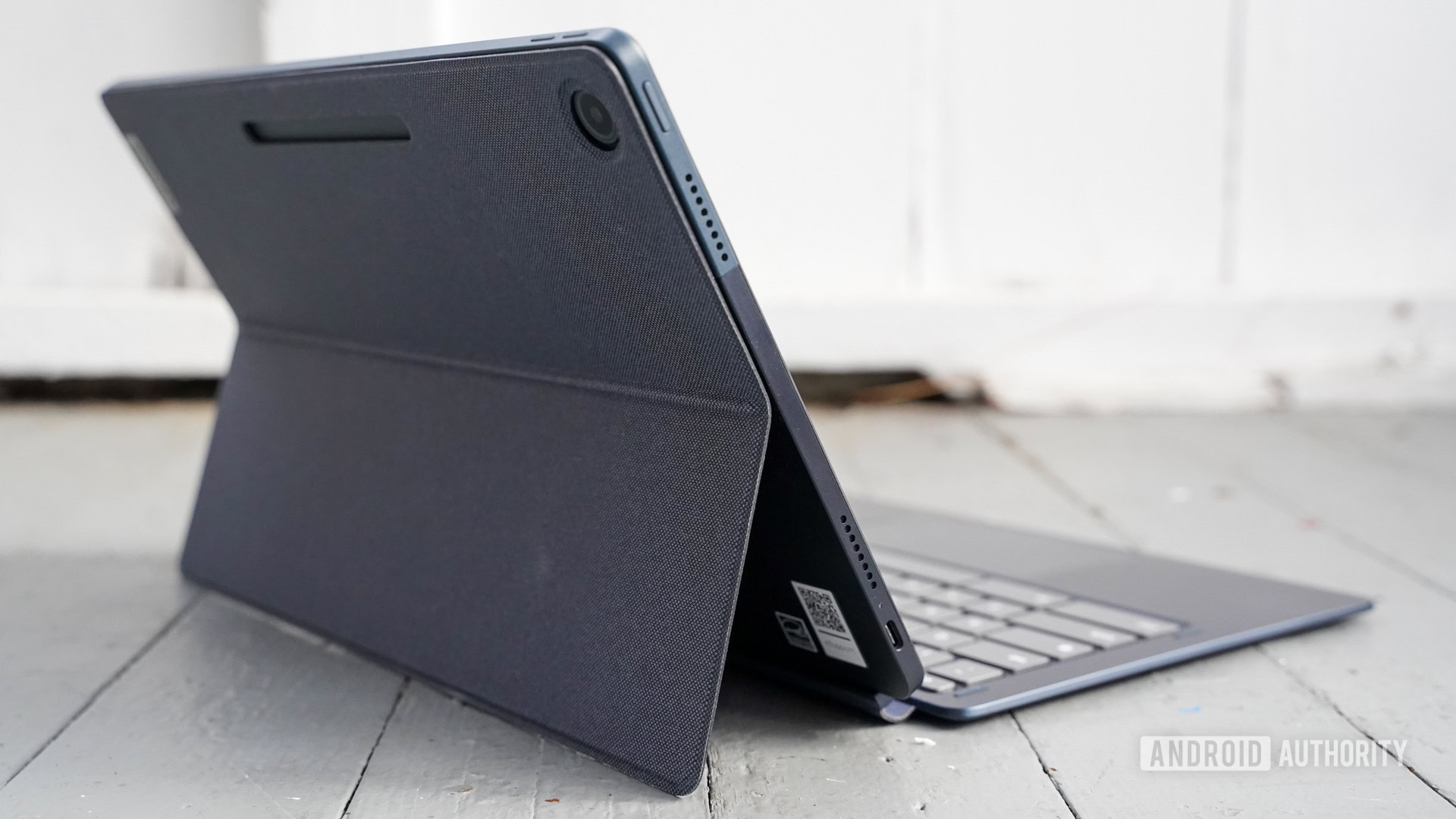
If your kids have been begging for smartphones of their own, but you’re not quite ready for the monthly cost, a tablet might be a great alternative. Luckily, there are several kid-focused tablets that come tailored with educational apps and games. Here are three of our favorites:
- Amazon Fire HD 8 Kids Pro ($149 at Amazon): Amazon’s kid-focused tablet is one of our favorites because it’s not actually different from the full-fledged device. It comes loaded with kid-friendly apps and games, as well as plenty of books to dig into. The Fire HD 8 Kids comes with a durable rubber case for when it inevitably gets dropped.
- Samsung Galaxy Tab A8 ($211 at Amazon): Samsung’s older affordable Android tablet is one of the best for younger users around. Samsung Kids makes it a great option for children, too. You can limit screen time and control the apps your kids can access. This gives them a chance to learn block coding and create music on the large 10.5-inch display.
- Lenovo IdeaPad Duet 5 ($325 at Amazon): Alright, so the Lenovo Chromebook Duet might not be a true Android tablet, but it’s a good way to bridge your kids from a tablet to a laptop. The Chromebook Duet runs Android apps but also connects to a keyboard for schoolwork and comes with a handy case for learning on the go.
Want an Android tablet for business? We recommend these 3
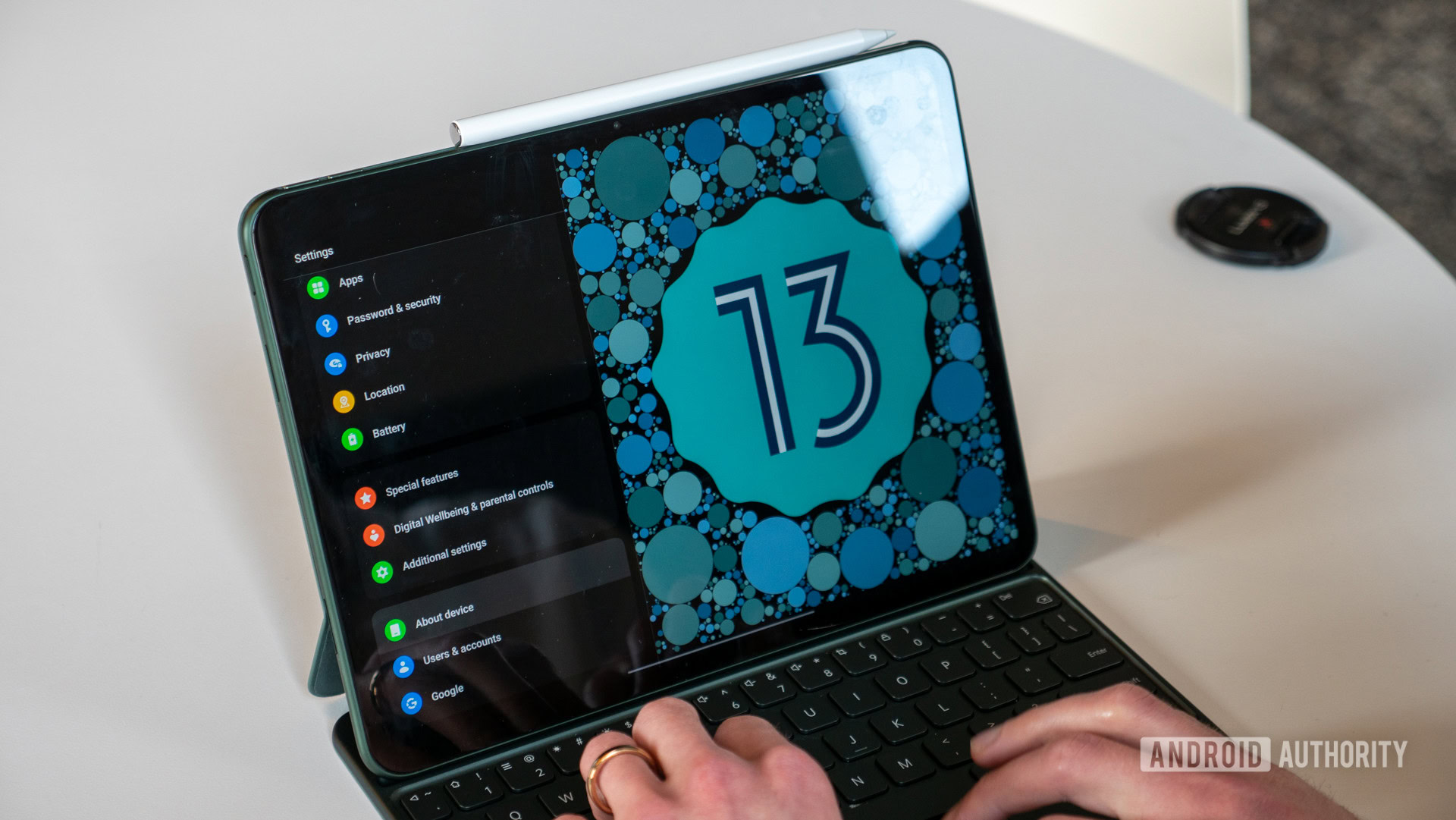
Likewise, there are plenty of business-focused tablets to keep you productive without the weight of a laptop. Some of these picks appeared higher up on our list because they make for great everyday slates as well. Here are just three that we recommend:
- Samsung Galaxy Tab S10 Ultra ($1199.99 at Samsung): Samsung’s largest Galaxy Tab to date is also its most powerful. Sure, you’ll pay a pretty penny for it, but the Galaxy Tab S10 Ultra offers up to 16GB of RAM with 1TB of expandable storage to match its laptop-rivaling 14.6-inch display. It has all of the real estate you could ask for when it comes to working on the go.
- Lenovo Tab P12 Pro ($692 at Amazon): We haven’t tried Lenovo’s upcoming Tab Extreme beyond a brief hands-on at CES, but the Tab P12 Pro offers many of the same perks. It has a hefty 10,200mAh battery to power its sweeping 12.6-inch 120Hz OLED and pairs seamlessly with your other Lenovo products.
- OnePlus Pad 2 ($549.99 at Amazon): The OnePlus Pad 2 is a great example of what to look for in a business tablet. Mostly thanks to its solid build and array of accessories. It’s taller and easier to use in landscape orientation than Samsung’s long, thin tablets. The 67W wired charging doesn’t hurt for quick, rushed top-ups, either.
What to look for in an Android tablet
We’ve spent years testing and reviewing Android phones and tablets. Most of the important buying decisions can be summed up in a few simple points.
Size matters
Bigger isn’t always better when it comes to Android tablets. If you want something to chill out and watch on the sofa, larger devices will really start to tire your hand. Books will also display poorly on large devices. On the flip side, if you want to stream videos, small screens won’t allow you to capture as much detail. Think about what you’ll use the tablet for and decide from there.
Files and storage
Storage space is a major selling point on phones since you’re probably snapping a lot of pictures and videos. The same is not necessarily true for tablets. Generally, you can get by with far less storage. If you like to load up your device with downloaded videos and large, storage-heavy apps, many tablets support microSD cards to make this an easy upgrade.
Metal vs plastic
Build quality is a bit subjective, but no one doubts that a nice aluminum build feels great in the hand. That said, plastic can perform fine too, and it won’t get as cold in winter months. Premium aluminum builds also generally feature more resistant glass on their screens, which is something to look out for if you plan on taking your tablet out of the house.
To 5G or not to 5G
5G support is nearly ubiquitous on Android phones at this point, but the same is not true for tablets. However, for most people, we recommend sticking to a Wi-Fi-only model. They are far cheaper and offer better battery life. If you need to connect in a pinch, you can simply tether your tablet to your phone.
Brand strength
Samsung is the undeniable king of Android devices, and that holds true for tablets. However, Lenovo makes a variety of options that can easily compete, some of which surpass Samsung’s offerings in certain aspects. Amazon’s Fire tablets are another option if you’re on a budget, although Amazon’s software is far more limited than standard Android. Beyond that, it’s slim pickings.
Frequently asked questions
The average price of a tablet varies depending on features and functionality. You can find tablets as cheap as $20 and as much as $1000, but the key is understanding what’s not worth it. Generally, those no-name brand tablets for sub-$100 prices aren’t worth buying! So, instead, if you want to save money and get a basic tablet, we recommend the Amazon Fire HD 8.
Generally, an Amazon Fire (or specifically the Fire Kids tablet series) is a great starting point. If your kids prefer iPad, we recommend the base 9th-generation iPad.
Technically, nothing. An iPad is one type of tablet. Officially most people just call iPads by that brand name, while Android and Windows tablets get lumped into the more generic “tablets” label.
Amazon’s Kindles are primarily designed as e-readers, while tablets offer more access to apps and games.
No. While Android tablets tend to come and go more than iPads, they are not being phased out. Samsung’s Galaxy Tab line is as good as ever, and Google has also re-entered the tablet market.